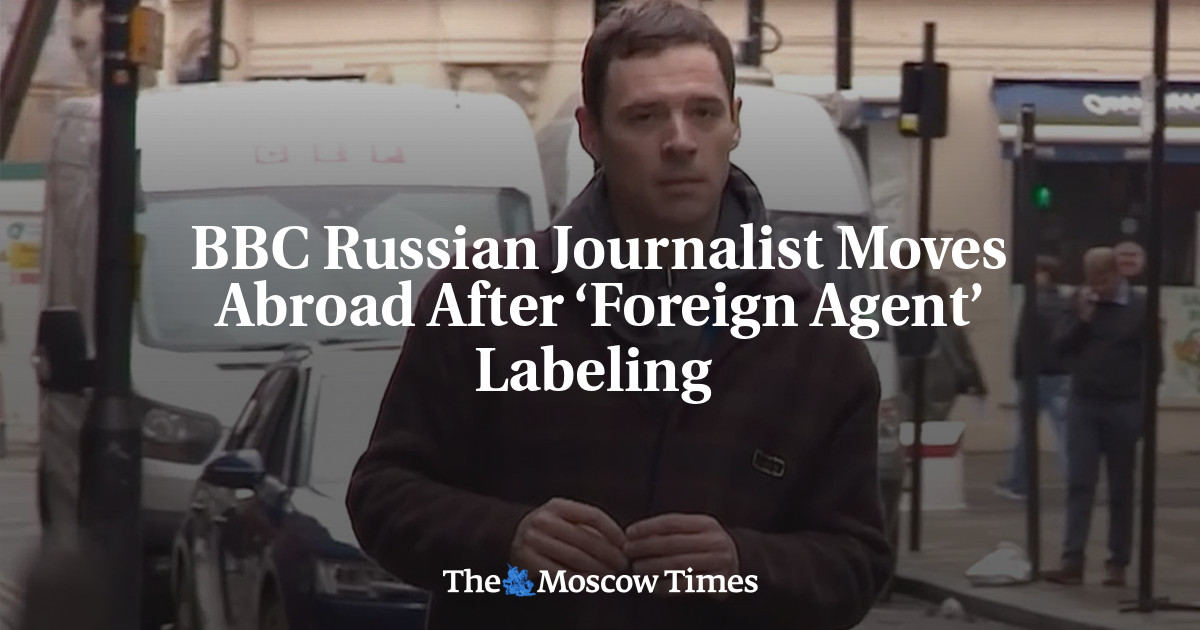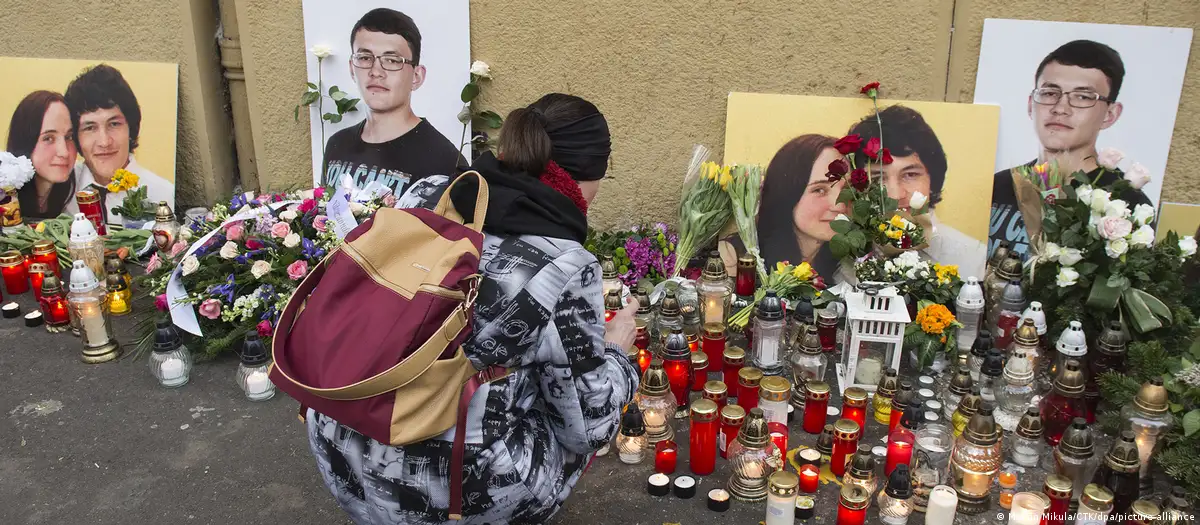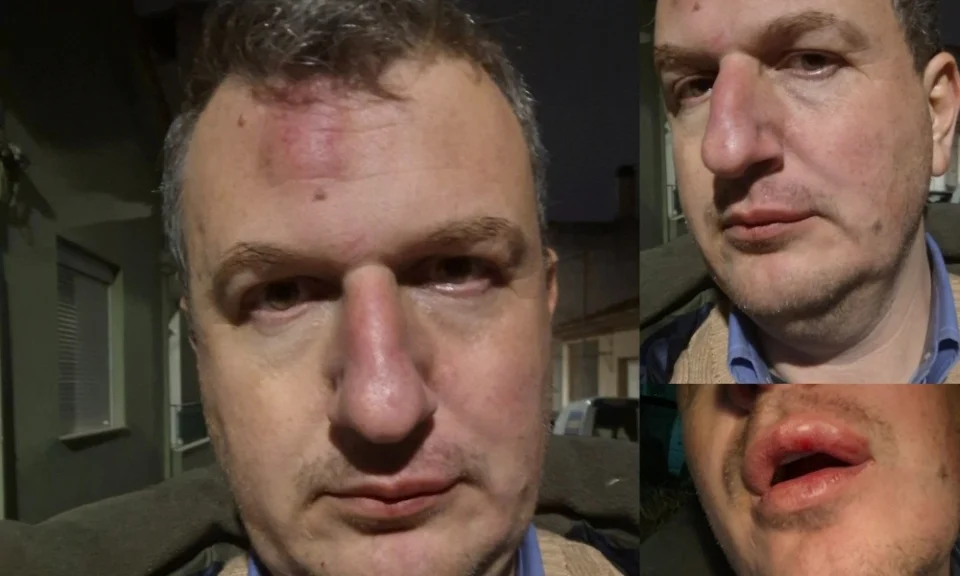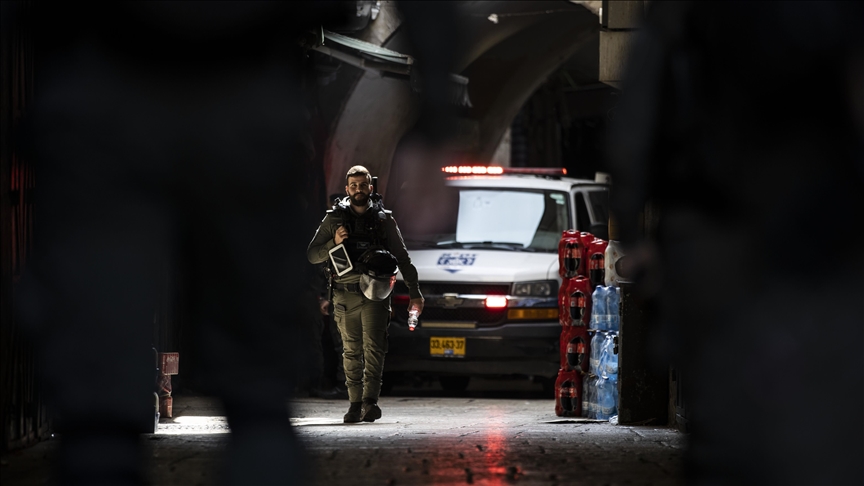
Israeli Journalist Faces Backlash After Soldiers Watch His Show in Raided Palestinian Home
January 31, 2025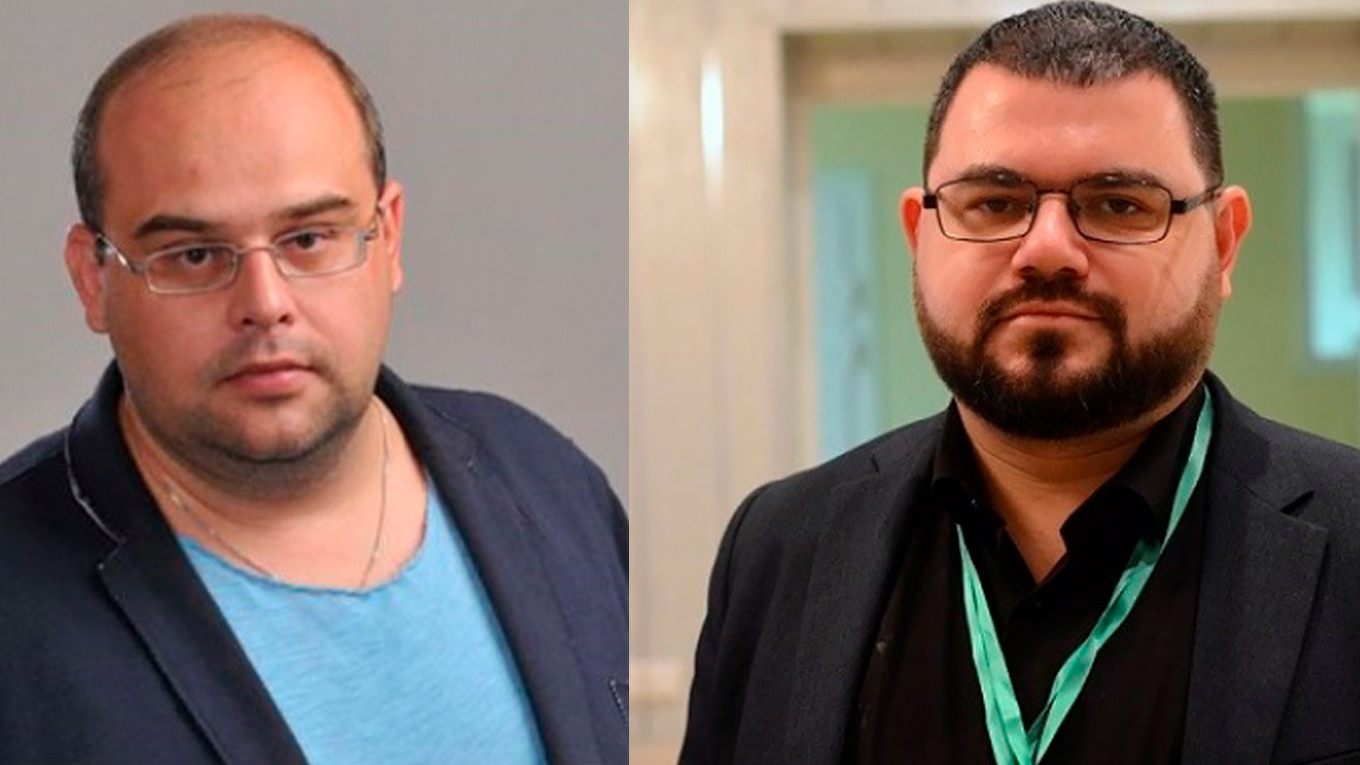
Ryazan Journalists Arrested on Extortion Charges Amid Growing Pressure on Russian Media
January 31, 2025January 31, 2025 – Russia –
In January 2025, Russia’s Justice Ministry added six journalists from Voice of America (VOA), Current Time, and the BBC to its growing “foreign agents” registry, escalating its crackdown on independent media and foreign press.
Among those designated are Ksenia Turkova, a journalist for VOA’s Russian service, and Iryna Romaliiska, a correspondent for Current Time, a joint project of Radio Free Europe/Radio Liberty and VOA. Several BBC Russian Service journalists were also included. This designation forces journalists to label all their work with a “foreign agent” disclaimer, report their income and expenses to authorities, and submit to intrusive audits. Violations of these rules can lead to heavy fines or criminal prosecution.
Russia’s “foreign agent” law, first introduced in 2012 and expanded multiple times since, has been widely criticized for its role in suppressing dissent and independent journalism. Originally aimed at NGOs receiving foreign funding, the law now targets any individual or organization accused of receiving foreign “influence,” even without direct financial support. The designation stigmatizes journalists by associating them with espionage or disloyalty to the state, severely restricting their ability to operate inside Russia.
The BBC strongly condemned the move, calling it an attempt to intimidate and silence independent reporting. BBC News Global Director Jonathan Munro emphasized that journalism is not a crime and stated the BBC will explore legal avenues to challenge the designation. Voice of America and Current Time also condemned the designations as part of a broader effort to stifle press freedom.
The foreign agent designation adds to the extensive restrictions foreign and domestic media already face in Russia. Since the full-scale invasion of Ukraine in 2022, Russia has introduced harsh laws criminalizing so-called “fake news” about the military, forcing many independent Russian media outlets to shut down or leave the country. Foreign outlets such as BBC, CNN, and Radio Free Europe/Radio Liberty have faced blocked websites, broadcast bans, and staffing challenges inside Russia.
The latest designations highlight the Kremlin’s determination to isolate Russian citizens from independent journalism, leaving an increasingly narrow space for free expression amid a growing climate of censorship and repression.
References –

